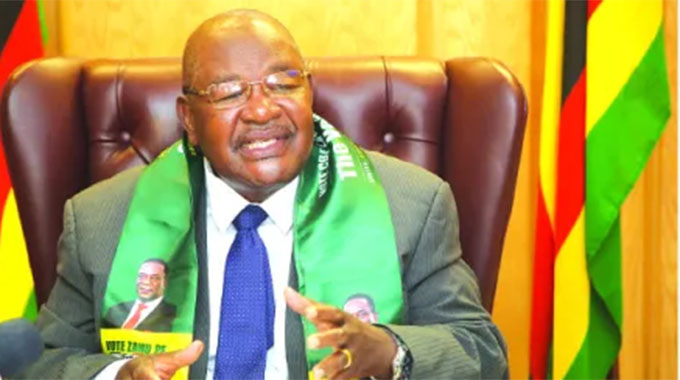Proplastics lobbies against VAT on pipes

Martin Kadzere
Proplastics is lobbying for the scrapping of the 15 percent value-added tax on polyvinyl chloride and high-density polyethylene pipes to level the playing field for local producers facing uneven competition from duty-free imported pipes, particularly those used in irrigation systems.
Alternatively, a complete ban on the import of the pipes has been proposed to protect the local industry.
Proplastics has expressed concern that the current system, where imported pipes for irrigation are exempt from both duties and VAT, disadvantages local manufacturers.
The company has argued that some importers are abusing the exemption by exceeding allowable imports.
According to the Zimbabwe Revenue Authority, the pipe quantities allowable are determined by pipes fitted onto each irrigation system.
The user manual that accompanies the irrigation system determines the number of pipes forming part of the complete set. If pipes are deemed surplus on a consignment, the 15 percent duty is applicable.
“When local manufacturers sell their pipes, they charge 15 percent VAT to their customers thereby making locally produced pipes uncompetitive compared to those imported as part of irrigation systems which are exempt,” said CTC in its latest newsletter.
“There is therefore a need to level the playing field by exempting local manufacturers from levying the VAT of 15 percent on pipes sold to farmers.
“Irrigation systems importers have no qualms if local pipe manufacturers are exempted from levying the 15 percent VAT, as this would make local products cheaper thus increasing competition with imported pipes,” the Commission added.
Zambia introduced a 15 percent surtax on imported pipes while South Africa and Botswana have introduced measures that restrict such imports into their countries.
The local industry consists of four large producers of PVC pipes and fittings namely Proplastics, Driptech, Splash and Tregers. In the past few years, there has been evidence of growth of small-scale players in the industry due to few entry barriers.
However, several economic indicators, including declining capacity utilisation and shrinking market share, point towards local pipe manufacturers experiencing economic hardship.
This suggests that unfair competition from imported pipes is having a detrimental effect on domestic producers.
Beyond the direct impact on companies, reliance on imported pipes also leads to foreign exchange drain. Locally produced pipes help save significant foreign exchange.
For instance, in 2022, the country imported US$8 million worth of pipes from various sources, despite local manufacturers having the capacity to meet this demand.
With a level playing field, Zimbabwe’s pipe industry can not only fulfil local needs but also contribute positively to the country’s foreign exchange reserves.
The CTC said Proplastics should engage the Ministry of Finance, Economic Development, and Investment Promotion for the removal of value-added tax on pipes.
On the import ban proposal, CTC expressed reservations about Proplastics’ proposal, arguing that such a measure would contradict international trade agreements. It says a ban goes against the spirit of promoting free trade between nations, potentially leading to retaliation from other trading partners. In addition, without import competition, local pipe prices could rise, limiting farmers’ choices and potentially impacting the quality of available pipes. The CTC pointed out that South Africa and Botswana import bans on irrigation pipes are considered non-tariff barriers (NTBs) to trade.
Under the Tripartite Free Trade Agreement (comprising the Southern African Development Community, East Africa Community, and Common Market for East and Southern Africa member states prioritise the removal of NTBs to facilitate trade.
To address Proplastics’ concerns about unfair competition, the CTC has recommended collaboration with the Ministry of Industry and Commerce to report these practices as non-tariff barriers through the African Continental Free Trade Area online system. In addition, the CTC has engaged the Ministry of Foreign Affairs and International Trade regarding Zambia’s surtax on pipes, with the issue expected to be discussed during their upcoming bilateral meeting. Proplastics was once a division of Masimba Holdings, formerly known as Murray & Roberts.
It then demerged from Masimba in 2015 to form a separate entity. Proplastics is listed on the Zimbabwe Stock Exchange.










Comments